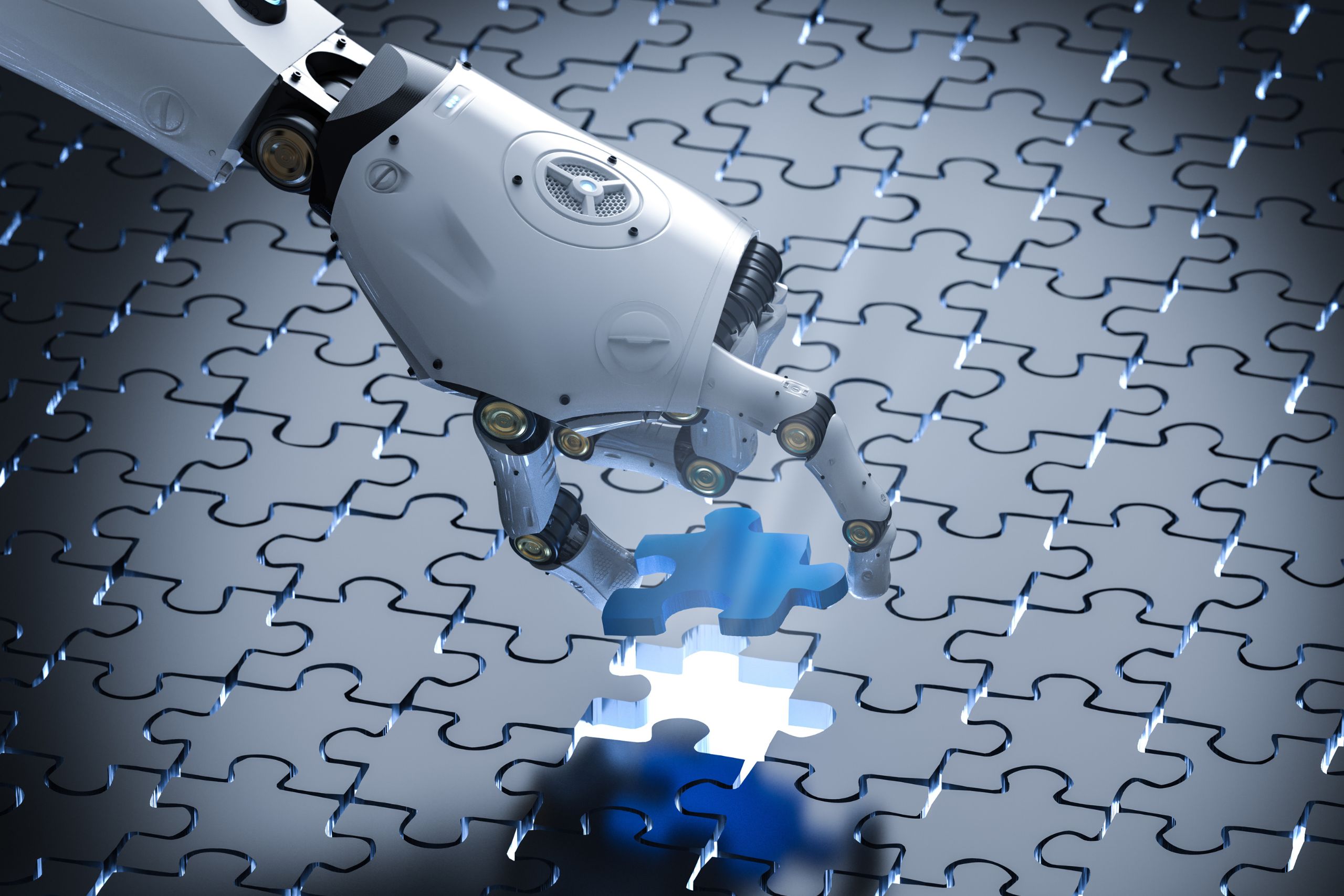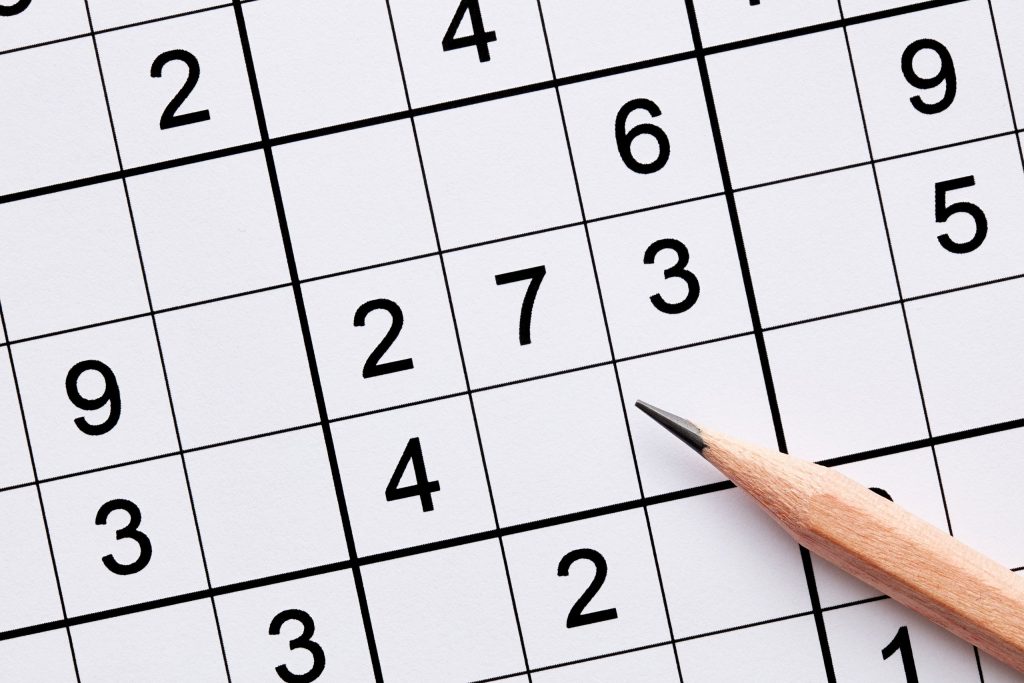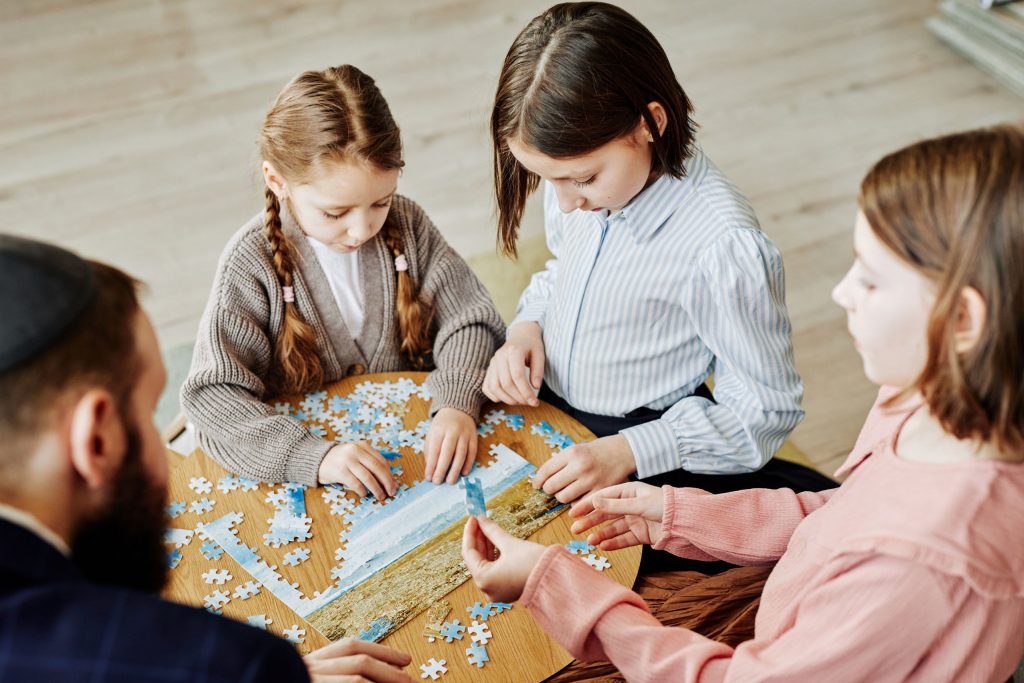
Based on a common love with critical thinking and problem-solving, puzzle games have captivated players of all ages for decades. These challenging activities force participants to think strategically, analyze situations, and make decisions, therefore engaging the brain and improving cognitive abilities like memory and attention. Solving a problem makes one very proud and increases self-esteem and motivates constant involvement. Beyond amusement, puzzle games offer a cerebral workout that lets players enter a world where their psychological demands for accomplishment and natural problem-solving inclinations are satisfied. From young people learning vital skills to seniors looking for a welcome diversion from digital distractions, puzzle games appeal to a varied audience because of their mix of pleasure and cognitive engagement. Players discover the delight of mastery as they negotiate stages and difficulties, therefore benefitting from the cerebral exercise these games provide and generating a fulfilling experience that speaks across generations.
The Reward of Problem-Solving
Combing through problems activates the reward system in the brain like a Christmas tree! Your brain produces dopamine, a hormone that makes you feel happy, when you work through a difficult task and at last solve it. The way your brain says, “Great job!” is this “feel-good” explosion. It promotes the rewarding character of this pastime because finishing problems helps one to be joyful and contented. Apart from making you feel successful, this dopamine boost boosts your self-esteem, therefore motivating you to overcome even more challenges.
Gamers returning for more are driven by this feedback cycle. You get that wonderful dopamine surge every time you complete a puzzle, which fuels a need for the next one. It’s like a lighthearted brain workout game with prizes for your work. Puzzle games appeal for the excitement of finishing something as well as the fulfillment you receive afterward. Whether it’s an intense escape room or a laid-back smartphone game, the mix of difficulty, success, and enjoyment keeps us engaged and returning for another go!

How Puzzles Keep the Brain Sharp
Puzzle games provide a great approach to maintain our brains flexible and sharp. Among the main cognitive advantages of puzzles are enhanced memory. Dealing with a brain teaser forces your brain to store and retrieve knowledge, therefore strengthening the memory pathways. This practice may be really beneficial as we get older as it allows us to remember memories and maintain cognitive function.
Another field where challenges develop is logical thinking. Solving puzzles allows you to connect concepts and develop critical thinking, therefore enhancing your abilities to reason through difficult issues. This ability connects not just to problems but also to everyday tasks as it helps you to make better decisions in life. Furthermore, puzzles help with pattern recognition; by identifying patterns, one can respond to events faster. Regular puzzle completion increases your mental fitness in a beautiful and efficient way as it helps you fight cognitive decline and preserve active mind.
Why Challenges Appeal to Our Competitive Nature
Puzzles have a particular ability to inspire our competitive spirit whether our time is running short, we are pushing others, or we are merely trying to beat our own fastest speeds. Imagine yourself seated working on a jigsaw puzzle or brain teaser and feeling excitement as you begin to solve it. Playing against friends or relatives could turn a quiet evening into a lively wits match, but the ticking clock adds a degree of excitement and pushes us to think faster and clearer. This friendly rivalry not only increases the pleasure of the experience but also motivates us to attack even the hardest obstacles with great zeal.
This will to conquer hurdles feeds our enthusiasm of solving problems. Every time we solve a challenging task, we get a fulfilling feeling of success that drives us toward more. It’s like a little confidence whisper, “If I can solve this, I can tackle anything!” This kind of thinking motivates us to pursue ever more difficult hobbies and transforms an apparently little past time into an exciting path of study and development. Therefore, the competitive spark within us keeps the puzzle-solving journey alive and interesting whether our goal is our own best or sprinting against pals!
The Therapeutic Power of Puzzles
One great approach to relax and get some quiet in our hectic life is solving puzzles. Sitting down with a brain teaser or jigsaw puzzle seems as if you are stopping tension. Emphasizing the current difficulty enables your attention to be diverted from everyday concerns and provide a mental retreat. This change of focus may reduce cortisol levels, the hormone connected to stress, therefore enabling you to relax. Moreover, finishing a problem makes you feel successful, which might improve your attitude and help you to feel good inside!
Many therapists include puzzles into their sessions to encourage mental health as they have soothing properties. They provide a systematic approach to include the mind and promote mindfulness, in which one is totally in the present. Whether you are developing a vivid picture or working on a difficult problem, the process of solving could help you relax and see things differently. This makes puzzles not only a great pastime but also a useful tool for everyone trying to have some peaceful time in their daily life and improve their mental health.
Community and Collaboration in Puzzle Gaming
Cooperative puzzle-solving is a terrific way to promote teamwork and intimate social bonds whether in escape rooms or online gaming. Friends or relatives overcoming obstacles together usually depend on one another’s ideas and abilities. Every person presents a distinct point of view that encourages creative thinking and fast problem solutions. This kind of experience not only makes the present work more enjoyable but also builds brotherhood as everyone aims at the same goal. Celebrating little successes along the road may help to build connections and create lifelong memories from a basic puzzle that brings delight and connection.
One cannot overstate the delight of common experiences tackling related issues. For example, the joy of solving a code or finding a new clue is more intense when you are in the center of an escape room surrounded by driven colleagues. Everyone’s smiling, applauding, and high-fives create a good atmosphere that enhances the event. Even online, multiplayer games and communities around puzzles inspire cooperation and conversation by letting individuals connect over their common successes and tactics. Often beyond the puzzles themselves, the relationships developed at these events result in friendships that flourish off the enjoyment and cooperation shared together.

Conclusion
Since they combine fascinating combination of therapeutic benefits, social connection, and tough issues appealing to us, puzzles are a timeless and gratifying activity. Like meditation, the joy of overcoming obstacles drives our competitive nature and develops problem-solving skills, even if the focus required for puzzle-solving increases mindfulness and stress release. Moreover acting as a social catalyst, puzzles inspire consumers to collaborate, interact, and share successes, thus improving social interactions and teamwork. Puzzles are a constant source of delight and mental stimulation as their different appeal not only sharpens our cognitive skills but also offers a lovely respite from everyday tensions.
